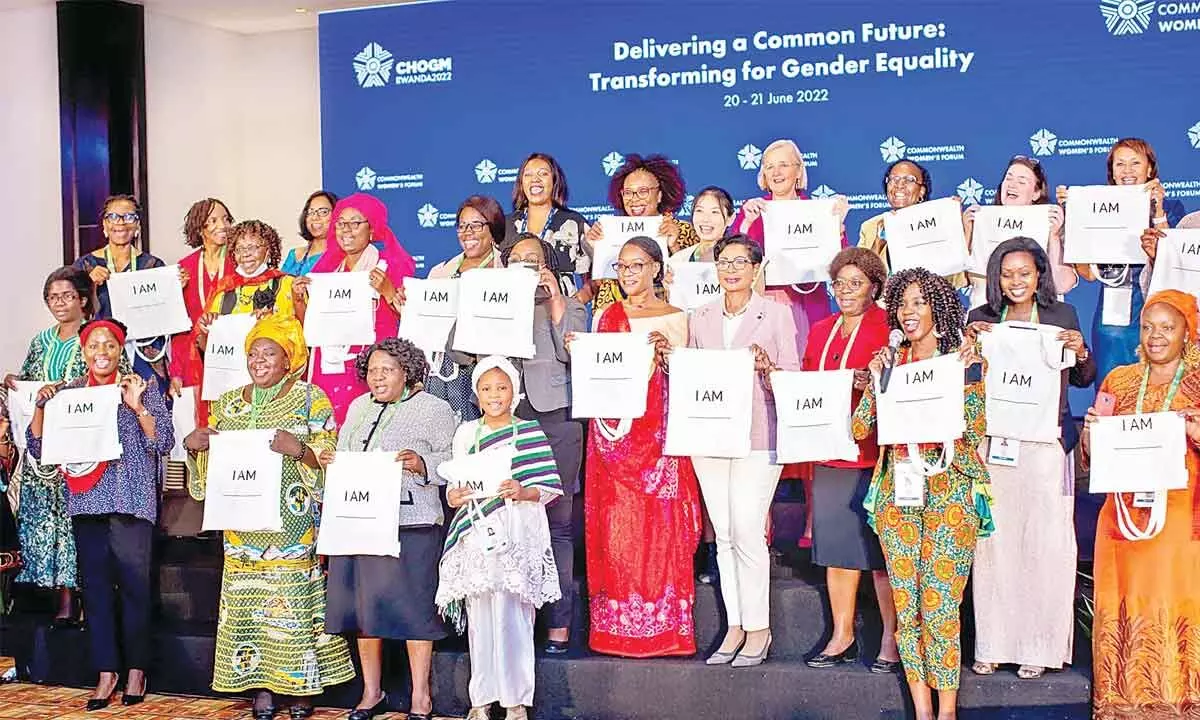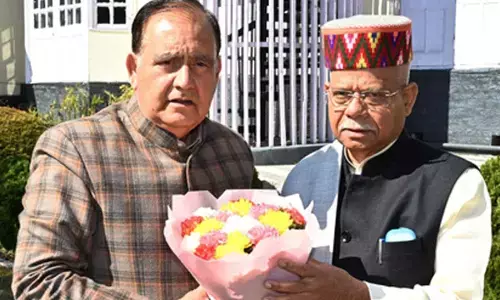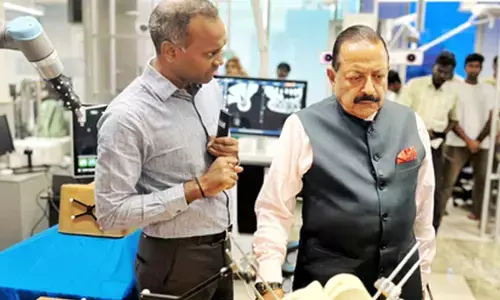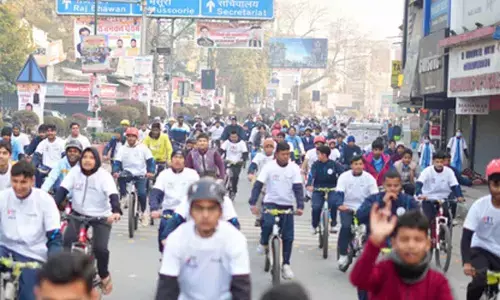Call to eliminate cervical cancer in Commonwealth

Cervical cancer researchers, policymakers, academics, advocates, civil society and political leaders gathered in Kigali for the first time since the pandemic, to discuss the current challenges, priorities, and strategies for cervical cancer elimination across the Commonwealth.
Cervical cancer researchers, policymakers, academics, advocates, civil society and political leaders gathered in Kigali for the first time since the pandemic, to discuss the current challenges, priorities, and strategies for cervical cancer elimination across the Commonwealth. The event, which took place on Tuesday on the margins of the Commonwealth Women's Forum, focused on the theme "Accelerating Cervical Cancer Elimination: Realities, Challenges and Opportunities", and sought opportunities to expand the role of women leaders to be advocates for elimination.
Commonwealth disproportionately affected by cervical cancer
Delegates recognised the fact that the Commonwealth carries a significant cervical cancer burden, particularly in low- and middle-income countries -- despite having only 30 per cent of the world's population, Commonwealth members account for 40 per cent of global cervical cancer incidence and 43 per cent of cervical cancer mortality.
In her opening remarks, Ruth Kattumuri, Senior Director of the Economic, Youth, and Social Policy Directorate at the Commonwealth Secretariat, stressed the urgent need for governments and health professionals to work together towards its elimination.
She said: "Globally, cervical cancer is currently among the most pressing threats to women's health. Of the four cancers affecting women globally, cervical cancer is the only one that has proven effective elimination strategies through the human papillomavirus (HPV) vaccine and early screening tools for precancerous lesions.
"Unfortunately, progress has been slow because many low- and middle-income countries are experiencing challenges with access to screening tools and HPV vaccines. In addition, stigma and misconceptions surrounding cervical cancer are high. Hence there is an urgent need to work together to eliminate cervical cancer. And it requires bold strategic policies and actions by governments, health professionals and community organisations, involving women and youth in health advocacy, to improve awareness and address access challenges."
As part of the event, delegates watched an excerpt of the documentary, 'Conquering Cancer', which aims to show the world that global cervical cancer elimination is possible for every woman and girl, and includes some case studies from the Commonwealth.
The event included a keynote address by Princess Nono Simelela, Assistant Director-General for Family, Women, Children and Adolescents at the World Health Organisation (WHO), who underscored the need for collective action to achieve the Commonwealth's elimination targets by 2030 and achieve vaccine inequity in countries where the cancer burden is the highest.
Although cervical cancer is one of the most preventable and treatable forms of cancer, significant obstacles to achieving elimination remain. These obstacles include a lack of equitable access to quality medical countermeasures in low- and middle-income countries and associated stigma and misconceptions about the disease at the community level.
The human papillomavirus (HPV) vaccine and effective screening tools for pre-cancerous lesions are key tools to achieving elimination. However, as of 2020, only 13 per cent of girls aged 9-14 years were vaccinated against HPV globally.
The Covid-19 pandemic also put immense pressure on global health systems, especially those of developing countries with underfunded and under-resourced health systems, halting progress made over the last 20 years towards attaining health-related Sustainable Development Goals.
This has, in turn, put the prevention and treatment of life-threatening diseases such as cervical cancer at risk.
If adequate steps are not taken to radically reduce the rising incidence of cervical cancer within the Commonwealth, the number of new cases of cervical cancer is expected to rise by 55 per cent (to 324,598) and deaths by 62 per cent (to 1,86,066 deaths) by 2030. This would equate to one woman dying of cervical cancer every three minutes.








